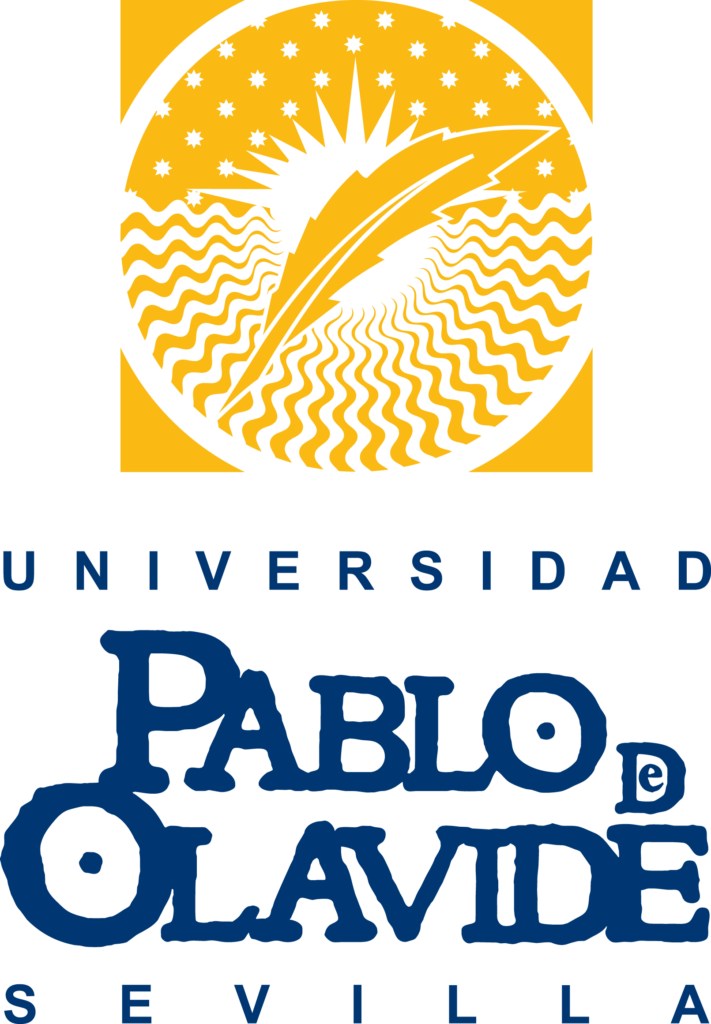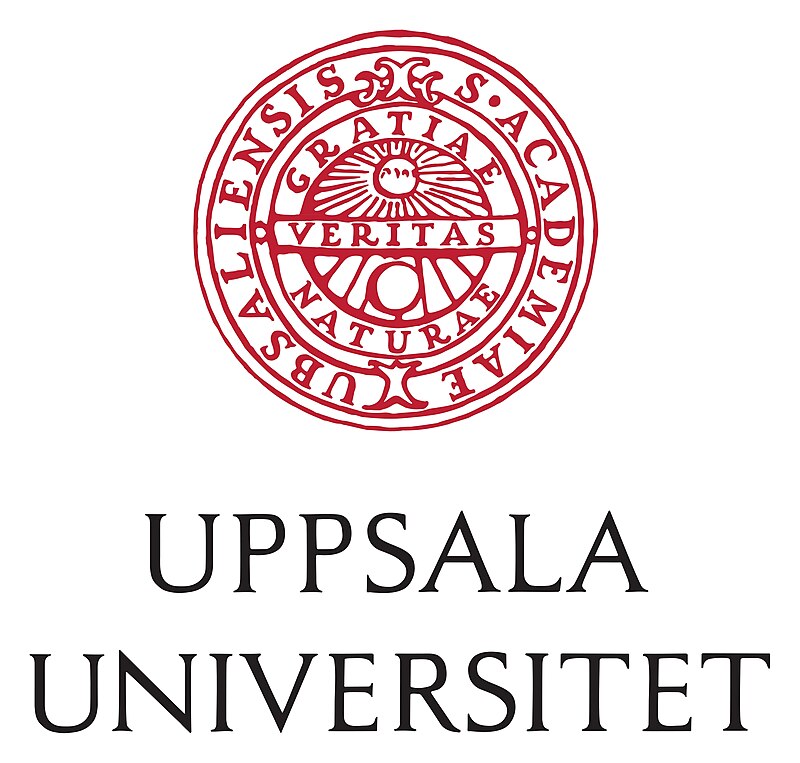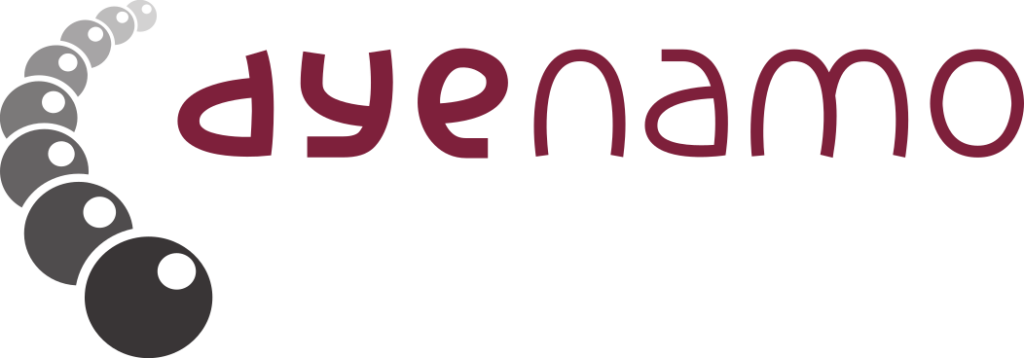About Us
Project INDYE Partners
The INDYE project is a collaborative initiative composed of four strategic partners combining expertise and resources in the field of indoor photovoltaic technology. Coordinated by Juan Antonio Anta from Pablo de Olavide University (UPO) in Seville, the consortium includes the Commissariat à l’Énergie Atomique et aux Énergies Alternatives (CEA) in France, Uppsala University (UU) in Sweden, and Dyenamo AB (DN), also in Sweden. Each partner brings specialized skills that are essential to developing sustainable and innovative energy solutions for low-power electronic devices in indoor environments.
Energy conversion nanomaterials & devices group — Universidad Pablo de Olavide
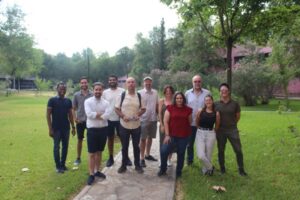 The Pablo de Olavide University (UPO) is a modern outstanding state university founded in 1997. It is located within a single campus in Seville, Spain, covering a total of 136 hectares and dominated by a tower and a set of buildings recognized as assets of Cultural Interest. It is committed to offering high-quality and research based education to undergraduate and postgraduate students. It is a growing university with an average of over 12000 students (600+ international students) enrolled every year and 1000+ teaching staff members. The university has valuable infrastructures for education, research and innovation (as of 2022): 52 official degree studies, 50 master & doctoral programmes, 62 own degrees, 15 departments, 11 research centres, 119 research groups, 59 patent families. Seven schools or faculties are in charge of different undergraduate, postgraduate and doctoral programmes: Faculty of Experimental Sciences, Faculty of Social Sciences, Faculty of Sport, Faculty of Law, Faculty of Humanities, Polytechnic School and San Isido ro University Centre, associated with UPO. The Universidad Pablo de Olavide is positioned among the 250 best universities in the world under 50 years old, according to the Times Higher Education and is the first university in the Andalusian system in the U-Ranking 2022, prepared by the BBVA Foundation and the Ivie.
The Pablo de Olavide University (UPO) is a modern outstanding state university founded in 1997. It is located within a single campus in Seville, Spain, covering a total of 136 hectares and dominated by a tower and a set of buildings recognized as assets of Cultural Interest. It is committed to offering high-quality and research based education to undergraduate and postgraduate students. It is a growing university with an average of over 12000 students (600+ international students) enrolled every year and 1000+ teaching staff members. The university has valuable infrastructures for education, research and innovation (as of 2022): 52 official degree studies, 50 master & doctoral programmes, 62 own degrees, 15 departments, 11 research centres, 119 research groups, 59 patent families. Seven schools or faculties are in charge of different undergraduate, postgraduate and doctoral programmes: Faculty of Experimental Sciences, Faculty of Social Sciences, Faculty of Sport, Faculty of Law, Faculty of Humanities, Polytechnic School and San Isido ro University Centre, associated with UPO. The Universidad Pablo de Olavide is positioned among the 250 best universities in the world under 50 years old, according to the Times Higher Education and is the first university in the Andalusian system in the U-Ranking 2022, prepared by the BBVA Foundation and the Ivie.
Energy conversion nanomaterials & devices group The Nanostructured Solar Cells Group belongs to the Physical Chemistry Division of the Department of Physical, Chemical and Natural Systems (https://www.upo.es/departamento-sistemas-fisicos-quimicos-y-naturales/es/) and the Center for Nanotechnology and Technologies for Sustainability (CNATS). The research team comprises two full time professors, one assistant professor, two postdocs and four Ph.D students with complementary expertise in fabrication and characterization of DSC, PSC and WS devices, atomistic simulation of materials and ML techniques. We also have four PhD students and three postdocs with capabilities in the said techniques and a set of external collaborators well recognised in specific topics.
The group has an active role in the research field of fundamental solar cells research and atomistic simulation of materials with energy and environmental applications. The Nanostructured Solar Cells group has a lively website and a Twitter account (@nanoUPOsc) where the most prominent research results and group activities (papers recently published, thesis defences, conferences, courses, etc.) are communicated on an (approximately) weekly basis.
Team members
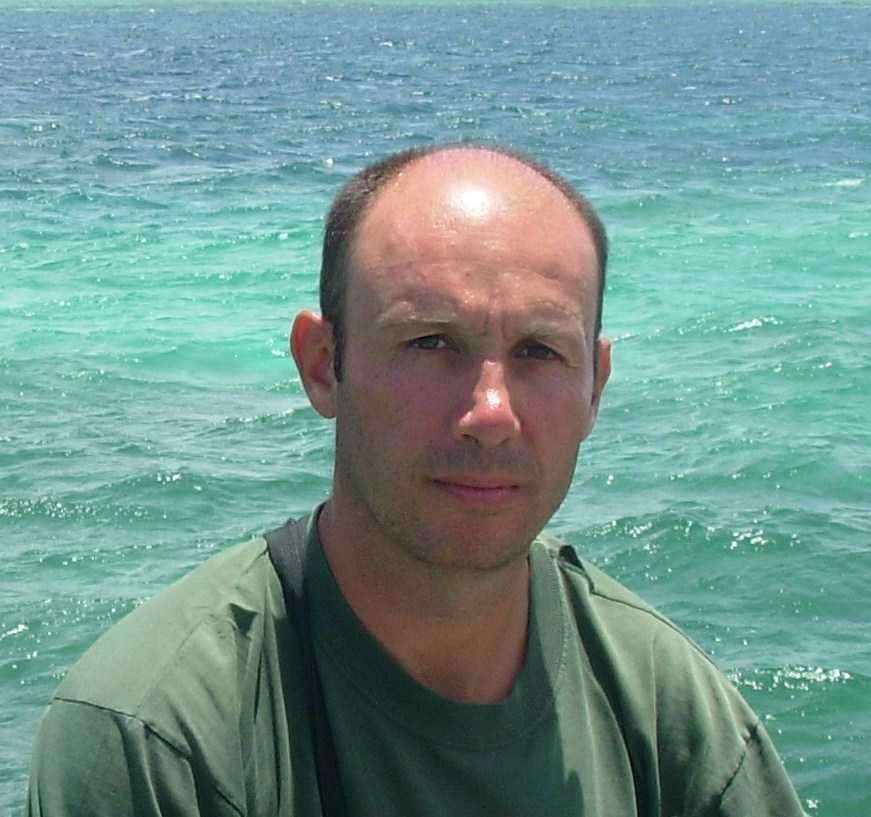
- Juan Antonio Anta
- Project Coordinator
- anta@upo.es
- 0000-0002-8002-0313
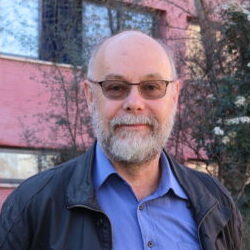
- Gerko Oskam
- Full Professor
- gosk@upo.es
- 0000-0002-2105-5874
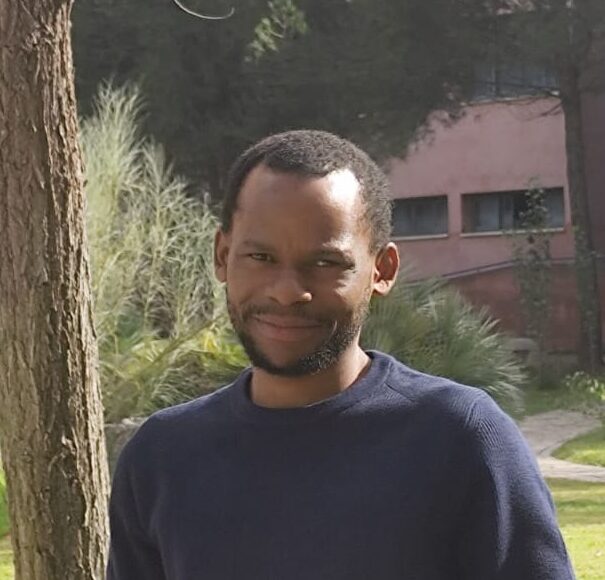
- Valid Mwatati Mwalukuku
- Post-doctoral Researcher
- vmmwa@upo.es
- 0000-0002-8149-5652
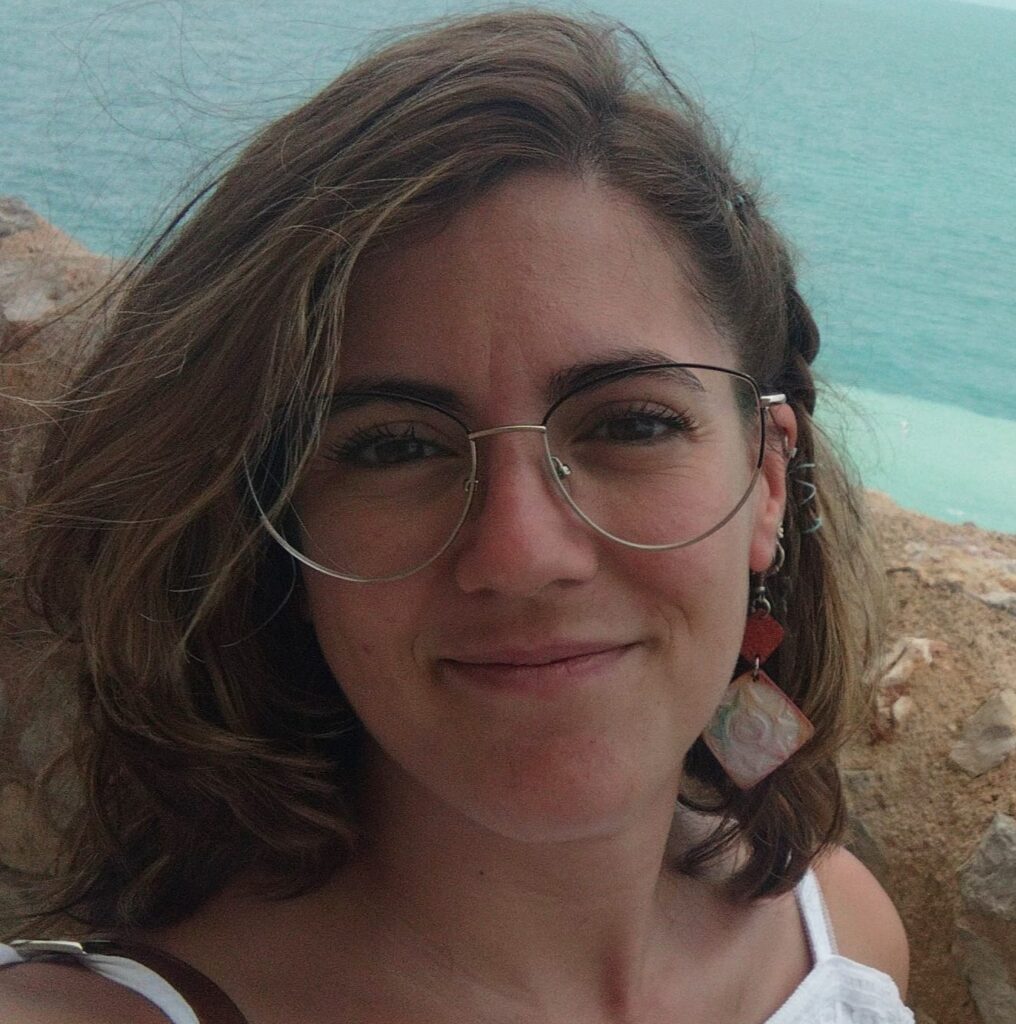
- Patricia Sánchez
- PhD Student
- psanfer2@upo.es
- 0009-0005-9369-9678
French Alternative Energies and Atomic Energy Commission
 The French Alternative Energies and Atomic Energy Commission (CEA) is a key player in research, development and innovation in four main areas: defence and security, low carbon energies (nuclear and renewable energies), technological research for industry, fundamental research in the physical sciences and life sciences.
The French Alternative Energies and Atomic Energy Commission (CEA) is a key player in research, development and innovation in four main areas: defence and security, low carbon energies (nuclear and renewable energies), technological research for industry, fundamental research in the physical sciences and life sciences.
Dr. R. Demadrille, FRSC, leads STEP Team at CEA. STEP is an interdisciplinary team of chemists, physical chemists, electrochemists and physicists. The goals of these researchers are the control of molecular architectures and complex functionalities, the design of novel performance materials, and the description and understanding of their physical phenomena at all relevant length scales. Our work is based on the chemical synthesis of (macro)-molecules (π-conjugated or ionic oligomers and polymers) and nanomaterials (semiconductor nanocrystals and nanowires). The structure, and properties of the organic, inorganic, and hybrid materials resulting from these building blocks are determined by self-assembly or multi-scale order. These materials are used as active layers or contacts/electrodes in optoelectronic devices, electrolytes for energy conversion and storage, and electrodes for next-generation batteries and sensors. The team also develops a multi-technique methodology (experiments, modelling and simulation) and multiscale measurements (spatial and temporal) for establishing structure-property relationships in real materials and model systems. Indeed, generating and controlling functionality such as performance, durability or processing requires the understanding of the link between a given chemical structure, the organisation of the material (auto-assembly, nano-structuration, morphology), and the macroscopic properties of interest (electronic or ionic conductivity, thermomecanic stability, optical or electrochemical properties).
Renaud Demadrille is a Director of Research at the Commissariat à l’Énergie Atomique et aux Énergies Alternatives – Interdisciplinary Research Institute of Grenoble (CEAIRIG). With over 20-years of expertise in the development of organic and hybrid materials for photovoltaics, Dr Demadrille is well placed to mentor this fellowship aimed at developing the next generation of photovoltaics. He has supervised and mentored 14 PhD students, 12 post-doctoral researchers and over 20 MSc students. Amongst several national and EU funded project, Dr Demadrille was awarded a prestigious ERC Advanced Grant in 2019 and in 2023 a Prize from the French Academy of Sciences
Team members
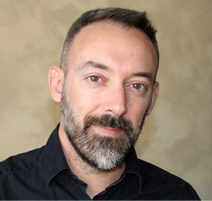
- Renaud Demadrille
- Team Leader
- Renaud.Demadrille@cea.fr
- 0000-0002-7455-5709
Uppsala University
 Uppsala University was founded in 1477. Today it is a strong, comprehensive research university ranked among the best in the world, with 50,000 students and close to 5,000 researchers. Energy research has long been a prioritised area at Uppsala University. The University has strong clusters in areas ranging from energy transition technologies, storage, fuels and energy transmission, research on energy efficiency and negative emissions, to research on societal reorganisation and climate change leadership. Research in the field of dye-sensitized solar cells at the section of Physical Chemistry started in the early 1990’s and continued to today at the department of Chemistry – Ångström Currently, perovskite solar cells are also an important topic. The research group contributed with important findings in the DSC field, such as the reasons for the fundamental limitations of the iodide / triiodide redox mediators and the finding the cobaltbased mediators could replace and be better than the iodide / triiodide redox couple in 2010. Solid-state DSCs have been investigated since 2008. In the laboratory several thin film deposition techniques are available: spin coating, screen-printing and slot-die coating, and a multitude of characterization techniques, including solar cell characterization, electrochemistry, ns-laser spectroscopy and setup for photocurrent /voltage transients. Furthermore, a setup of long-term stability under illumination (MPP tracking) is available.
Uppsala University was founded in 1477. Today it is a strong, comprehensive research university ranked among the best in the world, with 50,000 students and close to 5,000 researchers. Energy research has long been a prioritised area at Uppsala University. The University has strong clusters in areas ranging from energy transition technologies, storage, fuels and energy transmission, research on energy efficiency and negative emissions, to research on societal reorganisation and climate change leadership. Research in the field of dye-sensitized solar cells at the section of Physical Chemistry started in the early 1990’s and continued to today at the department of Chemistry – Ångström Currently, perovskite solar cells are also an important topic. The research group contributed with important findings in the DSC field, such as the reasons for the fundamental limitations of the iodide / triiodide redox mediators and the finding the cobaltbased mediators could replace and be better than the iodide / triiodide redox couple in 2010. Solid-state DSCs have been investigated since 2008. In the laboratory several thin film deposition techniques are available: spin coating, screen-printing and slot-die coating, and a multitude of characterization techniques, including solar cell characterization, electrochemistry, ns-laser spectroscopy and setup for photocurrent /voltage transients. Furthermore, a setup of long-term stability under illumination (MPP tracking) is available.
Team members
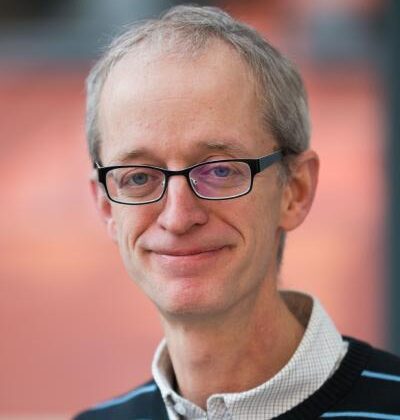
- Gerrit Boschloo
- Team Leader
- gerrit.boschloo@kemi.uu.se
- 0000-0002-8249-1469

- Ashok Kumar Kaliamurthy
- Post-doctoral Researcher
- ashok-kumar.kaliamurthy@kemi.uu.se
- 0000-0001-7851-0404
Dyenano
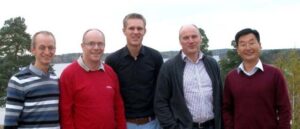 DYENAMO is a highly specialized chemical company providing state-of-the-art materials for research and industrialization. Since 2011, the company has manufactured and sold high-quality speciality chemicals in the facilities in Stockholm, Sweden. Dyenamo paves the way for industry and research organizations to access the latest findings in chemistry-based cleantech energy conversion, particularly in the fields of dye-sensitize4d and perovskite solar cells. At present, our DSSC product portfolio comprises >30 dyes and >30 electrolyte-components. We have industrial and academic customers in >35 countries all over the world, and are presently participating in four EU funded projects on perovskite solar cells, Pepperoni, Triumph, Sunrey and Diamond. The Dyenamo facilities include all relevant infrastructure to carry out the INDYE project tasks. Dyenamo was founded in 2009 by world-known researchers in the field of dye-sensitized solar cells (DSSC) at Uppsala University and KTH, Stockholm. The ambition was to create a company that simplified life for researchers and companies working on chemistry-based solar energy conversions. This was confirmed by the definition of a set of cornerstones for the company; i) to provide the latest findings in chemistry-based solar energy conversion to academia and industry, ii) to follow our customers to increased volumes, iii) to specialize in efficiently scaling up materials in various categories, and iv) to cater to on demand material requests. Over the years, we have stayed true to these cornerstones. The initial products were material components for dye-sensitized solar cells. When the perovskite solar cells entered the field, Dyenamo was the first company to offer specific chemicals for this technology. Even though we see ourselves as a chemical company, our portfolio has gradually grown to include manufacturing equipment, characterization equipment and services. In 2017 and 2019, Dyenamo organized two conferences on dye-sensitized solar cells in Uppsala. Sweden.
DYENAMO is a highly specialized chemical company providing state-of-the-art materials for research and industrialization. Since 2011, the company has manufactured and sold high-quality speciality chemicals in the facilities in Stockholm, Sweden. Dyenamo paves the way for industry and research organizations to access the latest findings in chemistry-based cleantech energy conversion, particularly in the fields of dye-sensitize4d and perovskite solar cells. At present, our DSSC product portfolio comprises >30 dyes and >30 electrolyte-components. We have industrial and academic customers in >35 countries all over the world, and are presently participating in four EU funded projects on perovskite solar cells, Pepperoni, Triumph, Sunrey and Diamond. The Dyenamo facilities include all relevant infrastructure to carry out the INDYE project tasks. Dyenamo was founded in 2009 by world-known researchers in the field of dye-sensitized solar cells (DSSC) at Uppsala University and KTH, Stockholm. The ambition was to create a company that simplified life for researchers and companies working on chemistry-based solar energy conversions. This was confirmed by the definition of a set of cornerstones for the company; i) to provide the latest findings in chemistry-based solar energy conversion to academia and industry, ii) to follow our customers to increased volumes, iii) to specialize in efficiently scaling up materials in various categories, and iv) to cater to on demand material requests. Over the years, we have stayed true to these cornerstones. The initial products were material components for dye-sensitized solar cells. When the perovskite solar cells entered the field, Dyenamo was the first company to offer specific chemicals for this technology. Even though we see ourselves as a chemical company, our portfolio has gradually grown to include manufacturing equipment, characterization equipment and services. In 2017 and 2019, Dyenamo organized two conferences on dye-sensitized solar cells in Uppsala. Sweden.
Team members
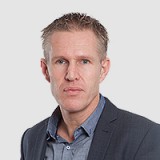
- Henrik Pettersson
- Team Leader
- dyenamo.se

- Martin Karlsson
- Senior Scientist
- dyenamo.se

- Qian Gao
- Senior Scientist
- dyenamo.se

